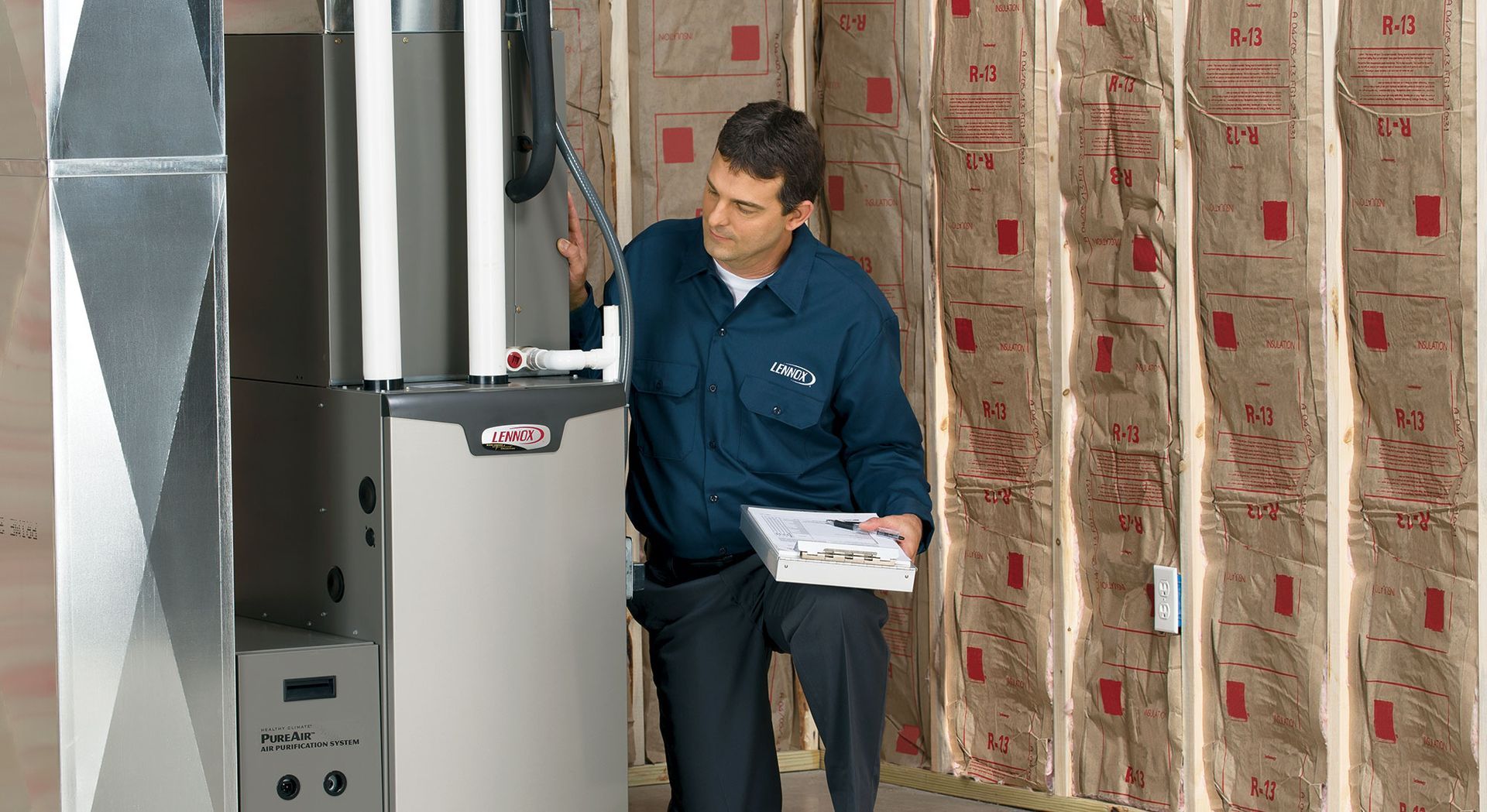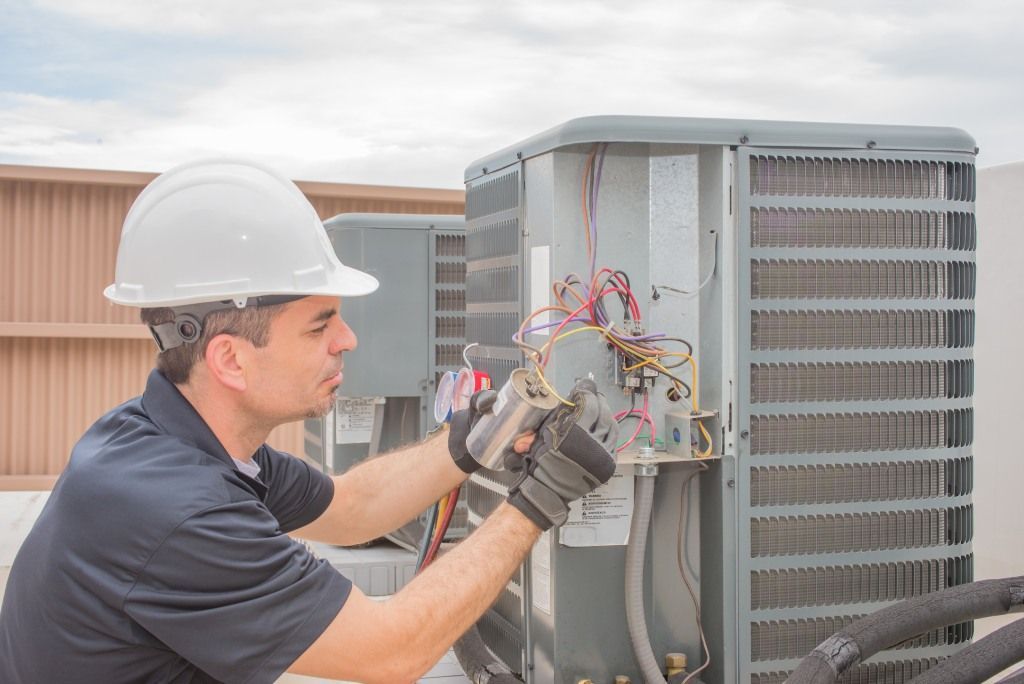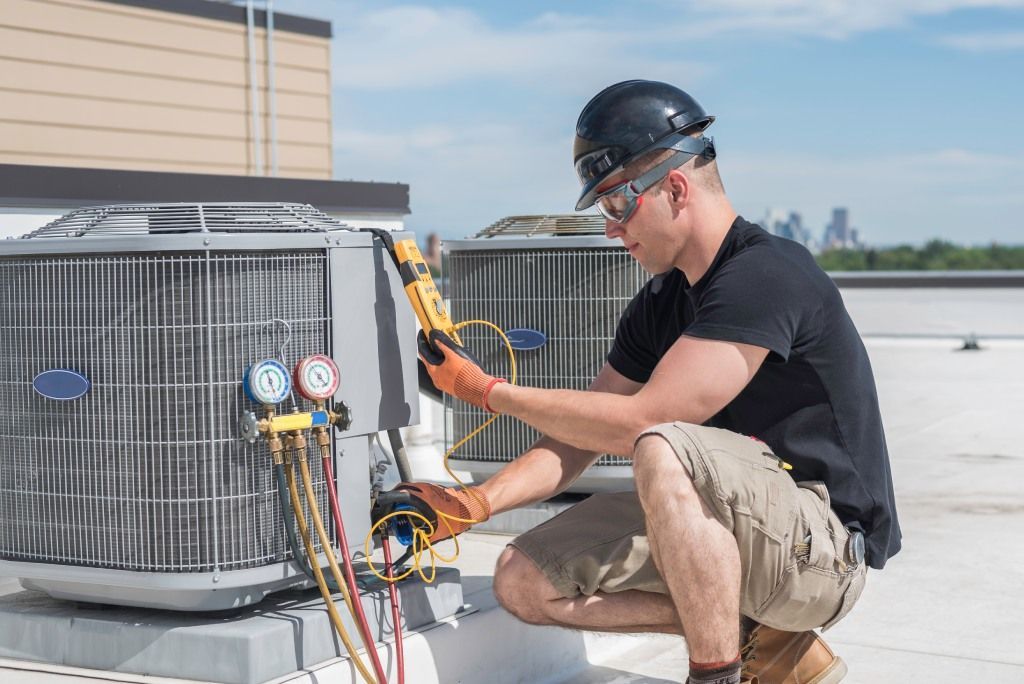Choosing the right HVAC system for your home is a crucial decision that impacts your comfort, energy efficiency, and long-term satisfaction. With numerous options available, it can feel overwhelming to navigate through the choices. However, by considering a few key factors and doing some research, you can make an informed decision. Here are some essential tips on how to choose the right HVAC system for your home:
1. Evaluate Your Heating and Cooling Needs
You know your audience better than anyone else, so keep them in mind as you write your blog posts. Write about things they care about. If you have a company Facebook page, look here to find topics to write about
2. Consider Energy Efficiency:
Opt for an energy-efficient HVAC system that can help reduce energy consumption and lower utility bills. Look for systems with high Seasonal Energy Efficiency Ratio (SEER) and Annual Fuel Utilization Efficiency (AFUE) ratings, which indicate higher efficiency levels.
3. Research Different Types of Systems:
Familiarize yourself with the different types of HVAC systems available, such as central air conditioning, heat pumps, furnaces, and ductless mini-split systems. Understand their features, benefits, and limitations to choose the one that suits your needs and budget.
4.
Consult with HVAC Professionals:
Seek advice from qualified HVAC professionals who can assess your home’s specific requirements and recommend the most suitable system. They can help you understand the options, answer your questions, and provide guidance based on their expertise.
5.
Consider System Features and Technology:
Explore features like programmable thermostats, zoning options, and smart controls that enhance convenience, comfort, and energy efficiency. These features allow you to customize temperature settings and optimize system performance.
6. Evaluate Long-Term Costs:
Consider not only the upfront costs but also the long-term operating and maintenance expenses. Look for reliable systems with good warranties and evaluate the expected lifespan of the equipment.
7. Read Customer Reviews and Ratings:
Research customer reviews and ratings for different HVAC brands and models. Hearing from others who have installed similar systems can provide valuable insights and help you make an informed decision.
8.
Get Multiple
Quotes: Obtain quotes from multiple HVAC contractors to compare pricing, warranty terms, and service offerings. Remember that the lowest price may not always guarantee the best quality, so consider the overall value and reputation of the contractor.
By carefully considering these factors, you can select an HVAC system that meets your specific needs, fits your budget, and provides optimal comfort and energy efficiency for your home. Don’t hesitate to reach out to HVAC professionals for guidance throughout the decision-making process. Their expertise can help you make the best choice and ensure a successful HVAC system installation.




